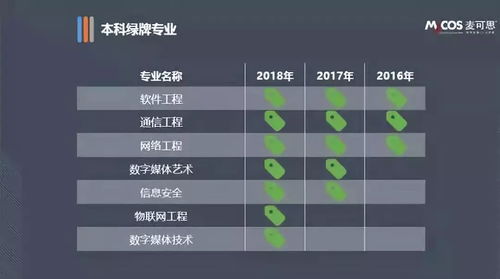Primary Education in English
Primary education, also known as elementary education, is the first stage of formal education and is typically provided to children aged 5 to 11. In the context of Englishspeaking countries, primary education plays a crucial role in laying the foundation for a child's academic and personal development. Here's a detailed look at primary education in Englishspeaking countries:
The primary education curriculum in Englishspeaking countries covers a range of subjects including English language and literature, mathematics, science, social studies, physical education, and often includes art and music. The focus is on developing literacy and numeracy skills while also nurturing creativity, critical thinking, and problemsolving abilities.

Teaching methods in primary education typically emphasize interactive and engaging approaches to learning. This may include group activities, handson projects, educational games, and the use of technology to enhance learning experiences. The aim is to make learning enjoyable and effective, catering to the diverse learning styles of young students.
Assessment in primary education involves a combination of formative and summative methods. Teachers use continuous assessment to monitor students' progress and provide ongoing feedback. Standardized tests may also be administered to gauge academic achievement and identify areas for improvement.
Englishspeaking countries prioritize inclusive education, aiming to cater to the needs of all students, including those with disabilities or special educational needs. Primary schools often have support systems in place to provide individualized attention and resources for students requiring additional assistance.
Primary schools in Englishspeaking countries are equipped with various educational resources including libraries, computer labs, and learning aids. The learning environment is designed to be safe, stimulating, and conducive to the overall development of the students.
Primary education in Englishspeaking countries encourages parental involvement in the learning process. Parents are kept informed about their child's progress and are often encouraged to participate in school activities, meetings, and events, fostering a collaborative approach to education.
While primary education in Englishspeaking countries strives to provide a solid educational foundation, challenges such as ensuring equity in education, addressing diverse learning needs, and adapting to technological advancements continue to be areas of focus. However, these challenges also present opportunities for innovation and improvement in primary education.
Primary education in Englishspeaking countries aims to instill fundamental academic skills, a love for learning, and essential social and emotional competencies in young learners. By providing a supportive and engaging learning environment, primary education plays a crucial role in shaping the future success of students.
Overall, primary education in Englishspeaking countries is designed to nurture wellrounded individuals equipped with the knowledge, skills, and attributes needed for their future academic and personal endeavors.


